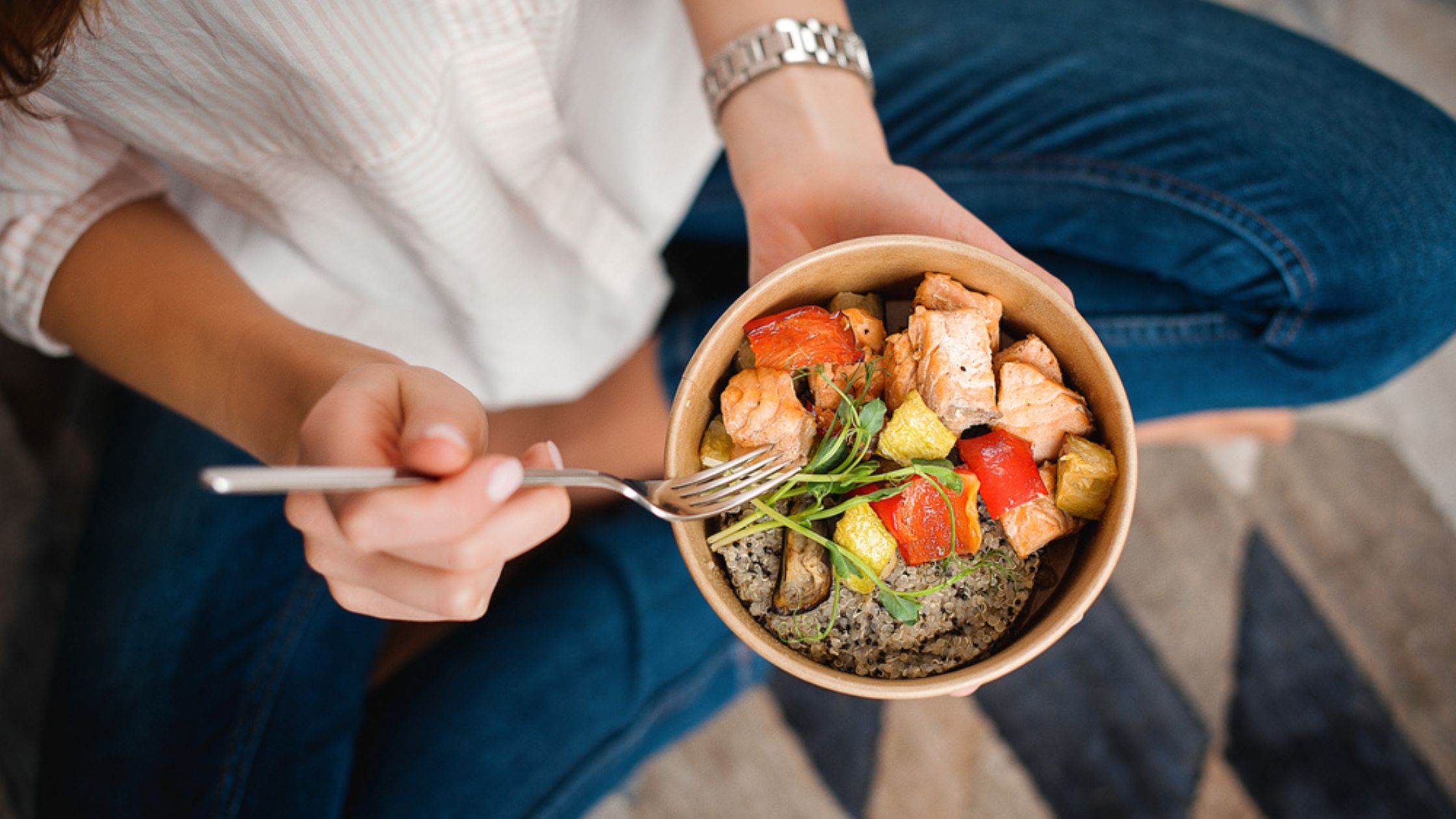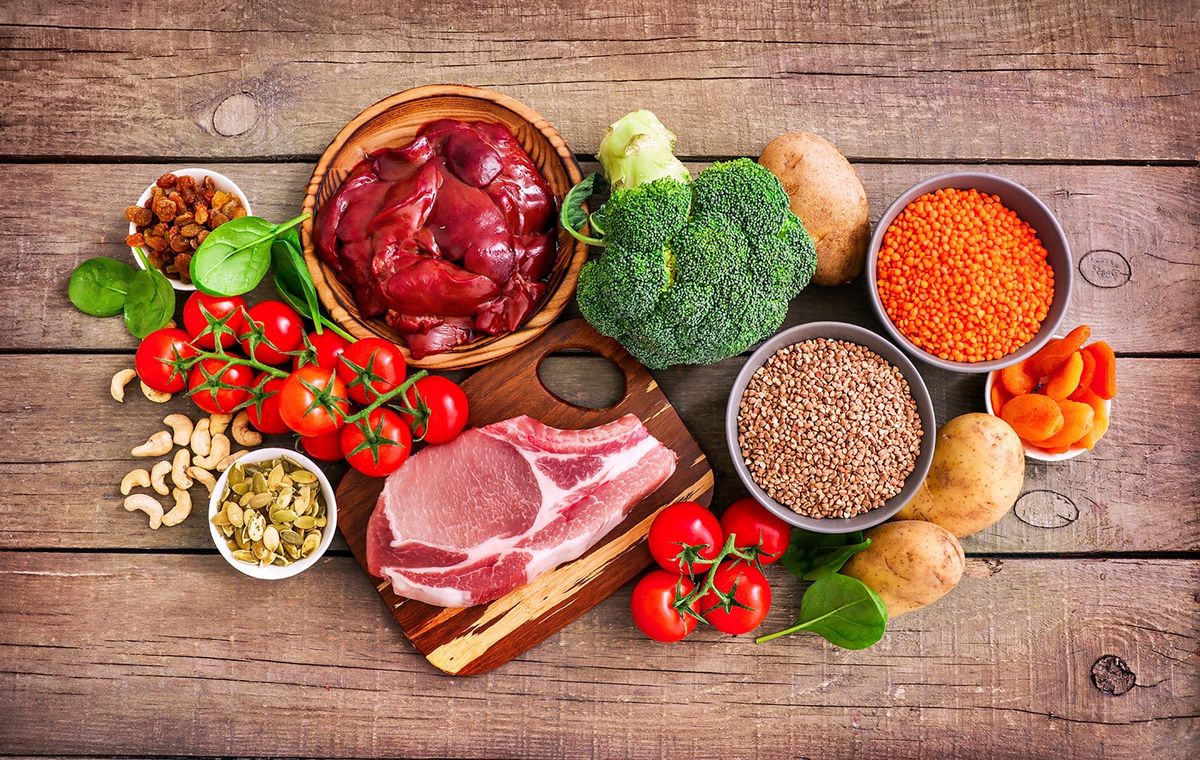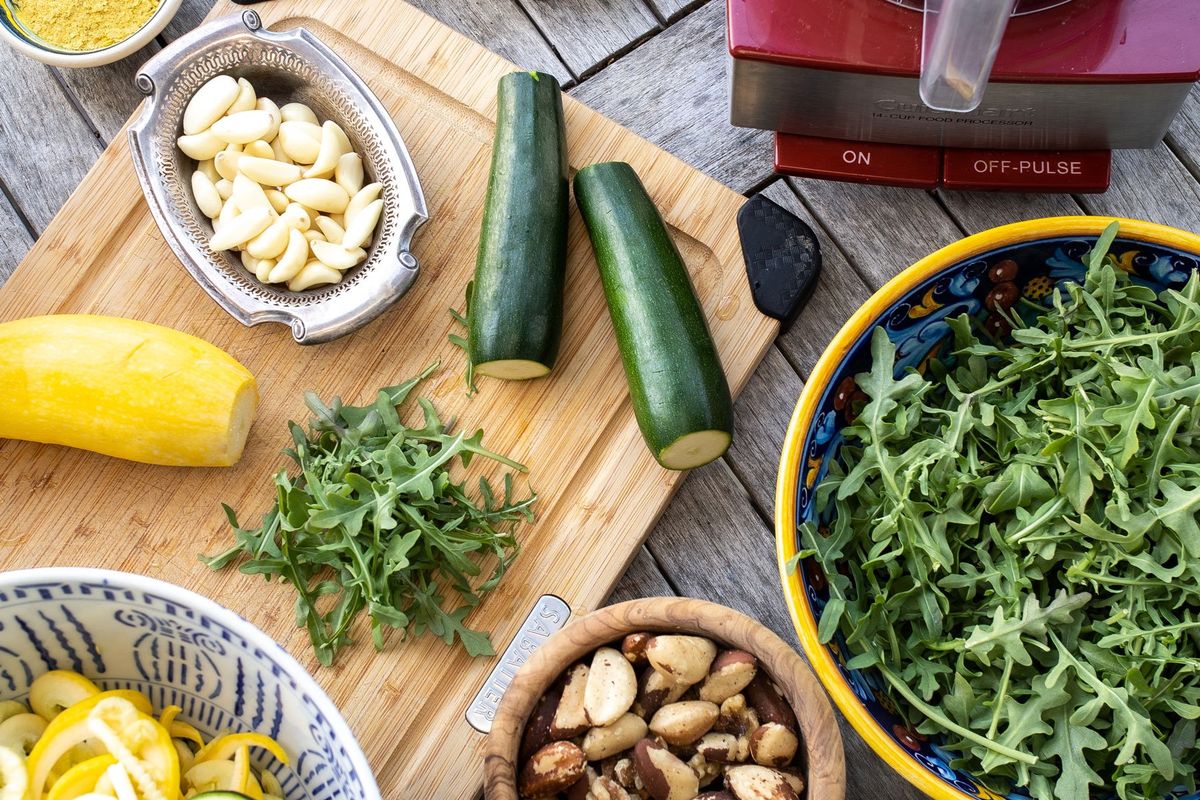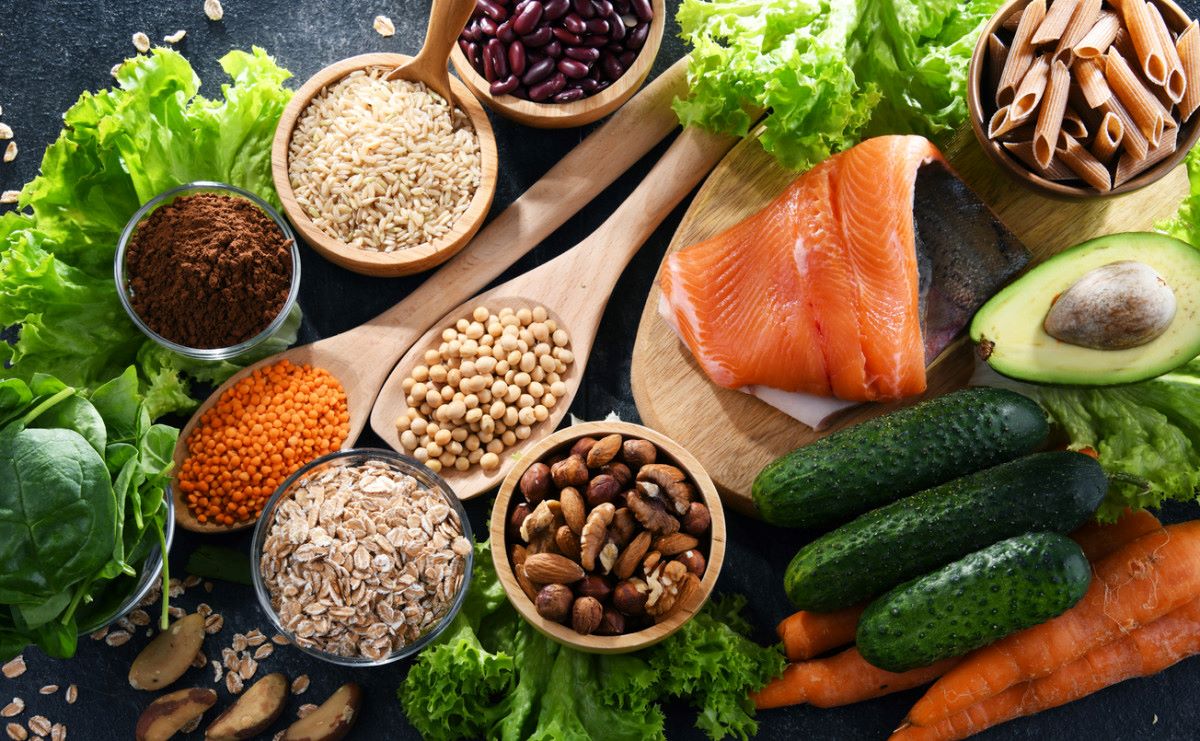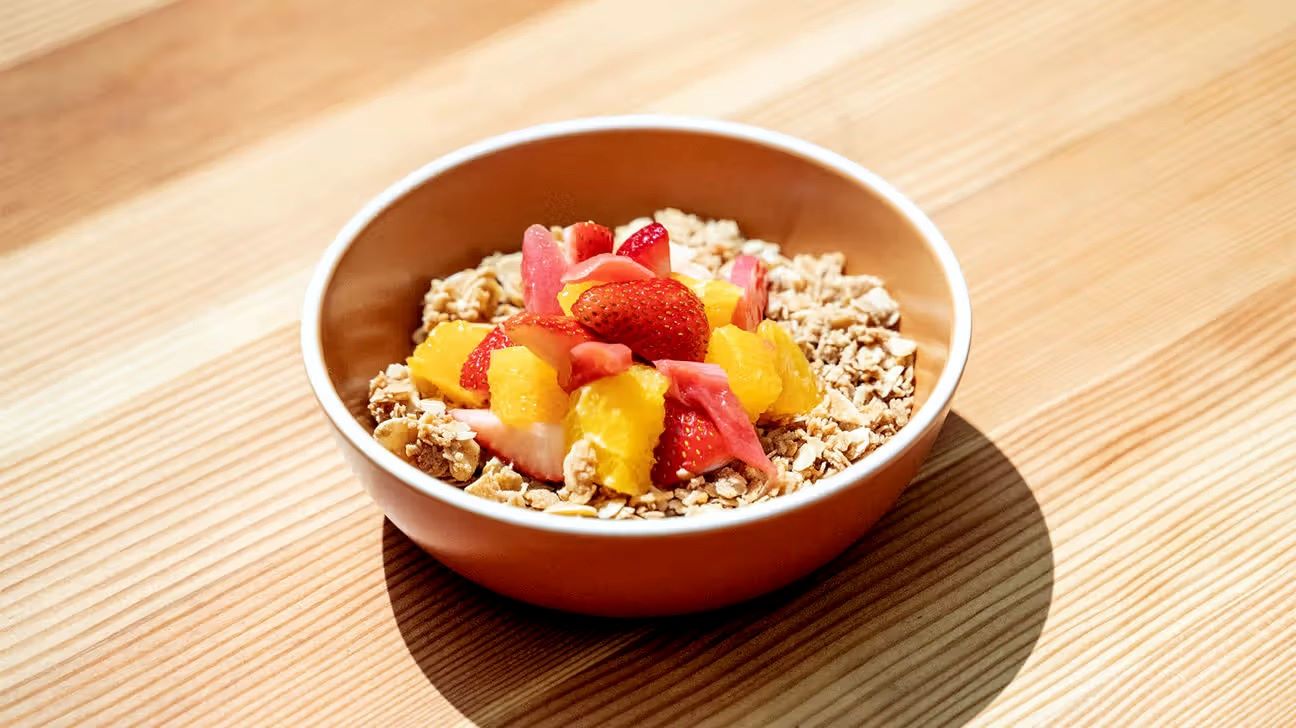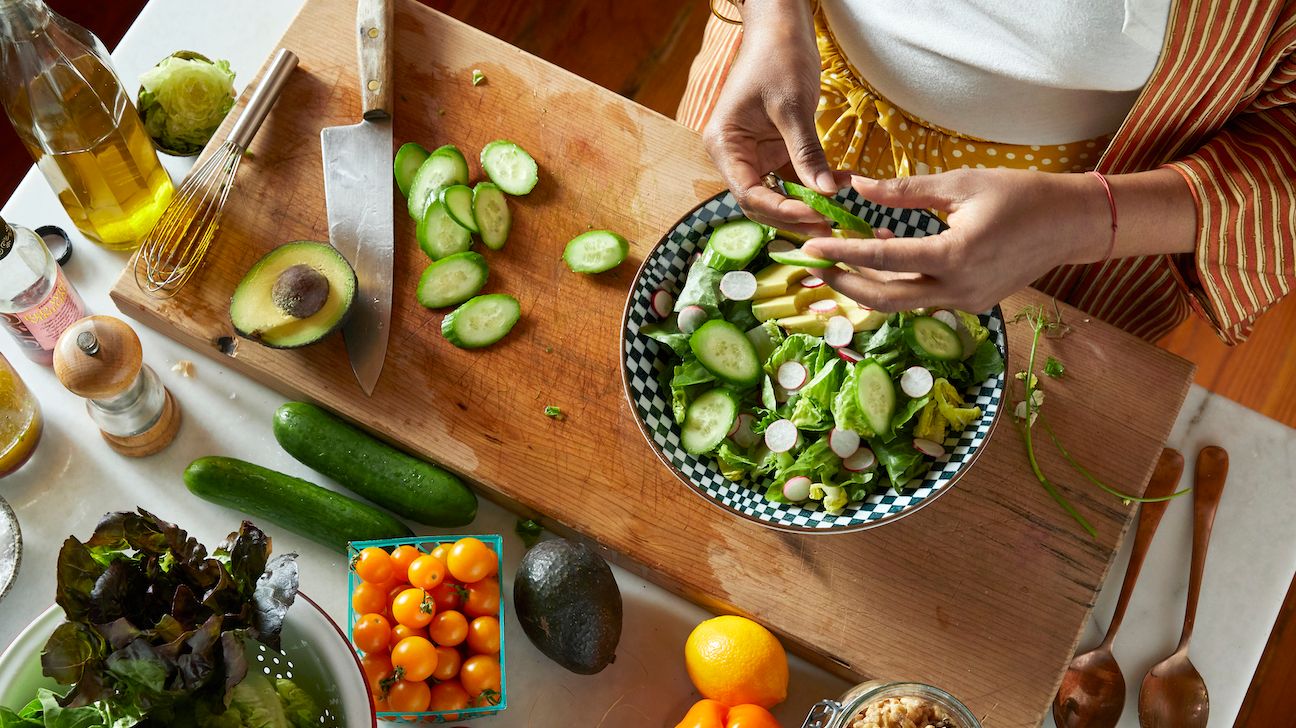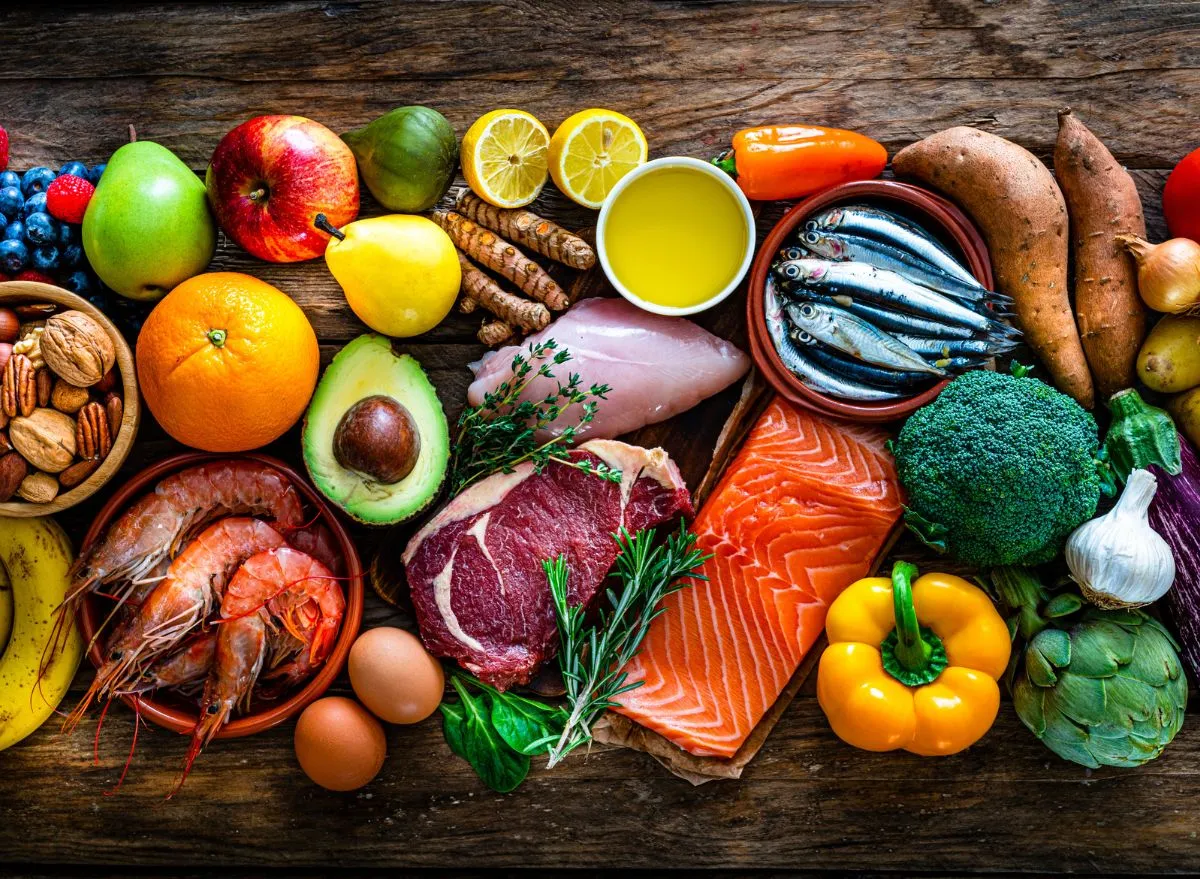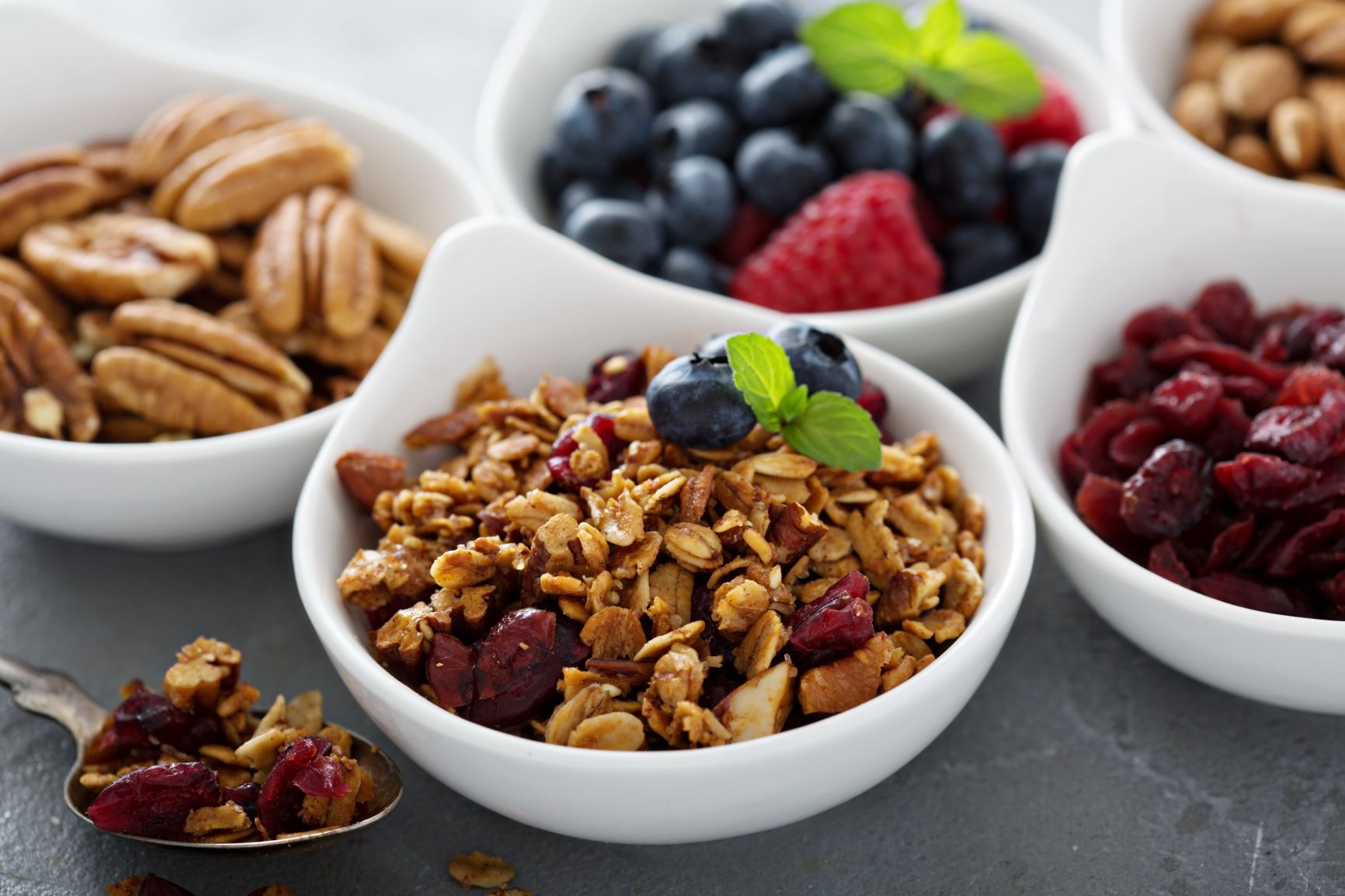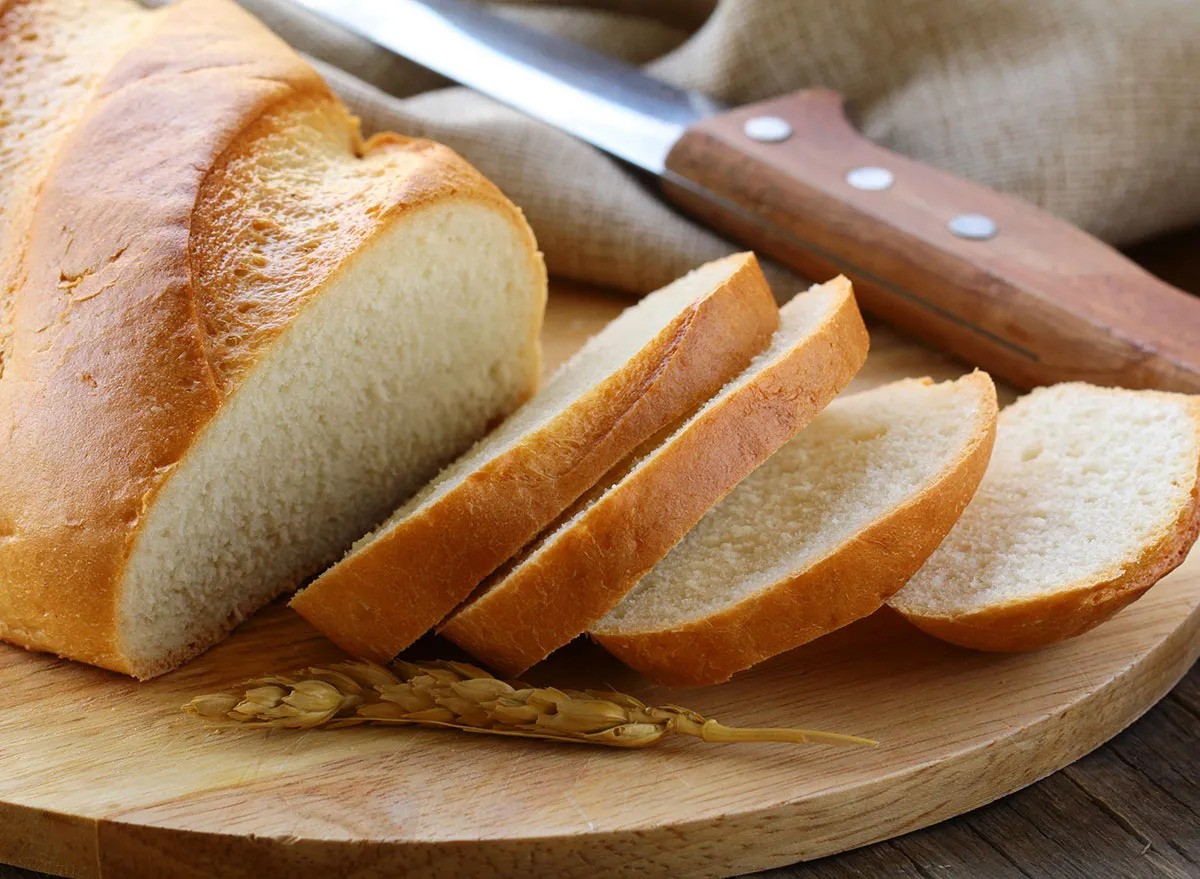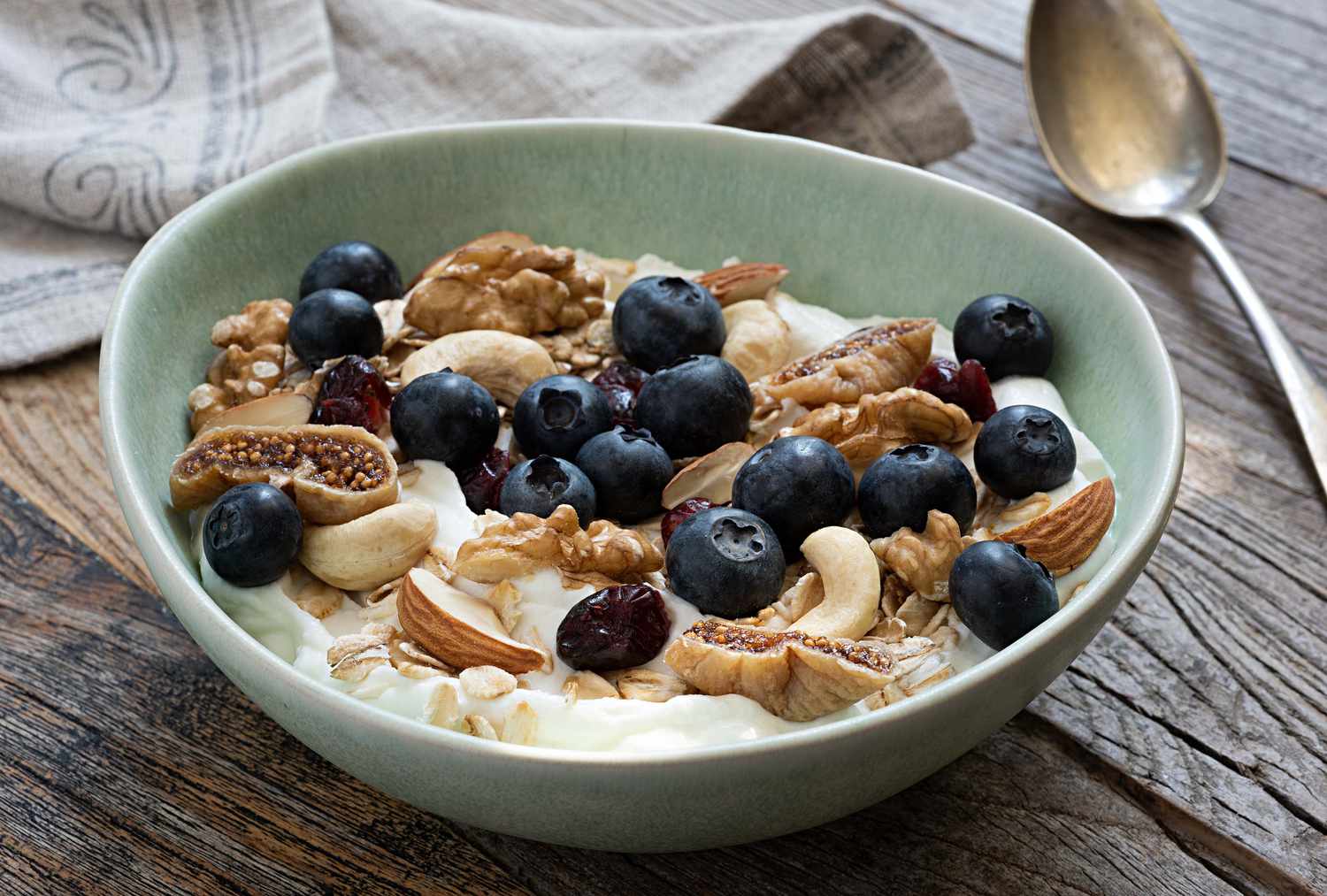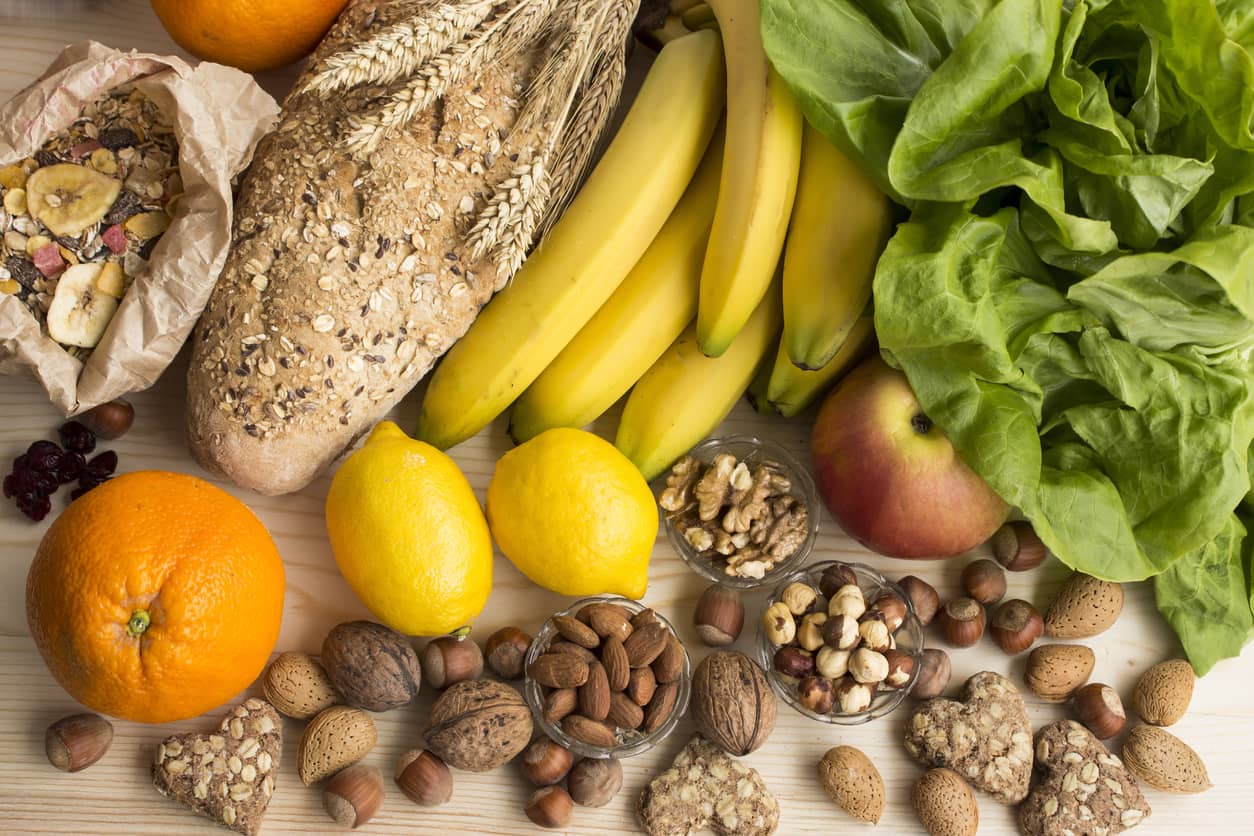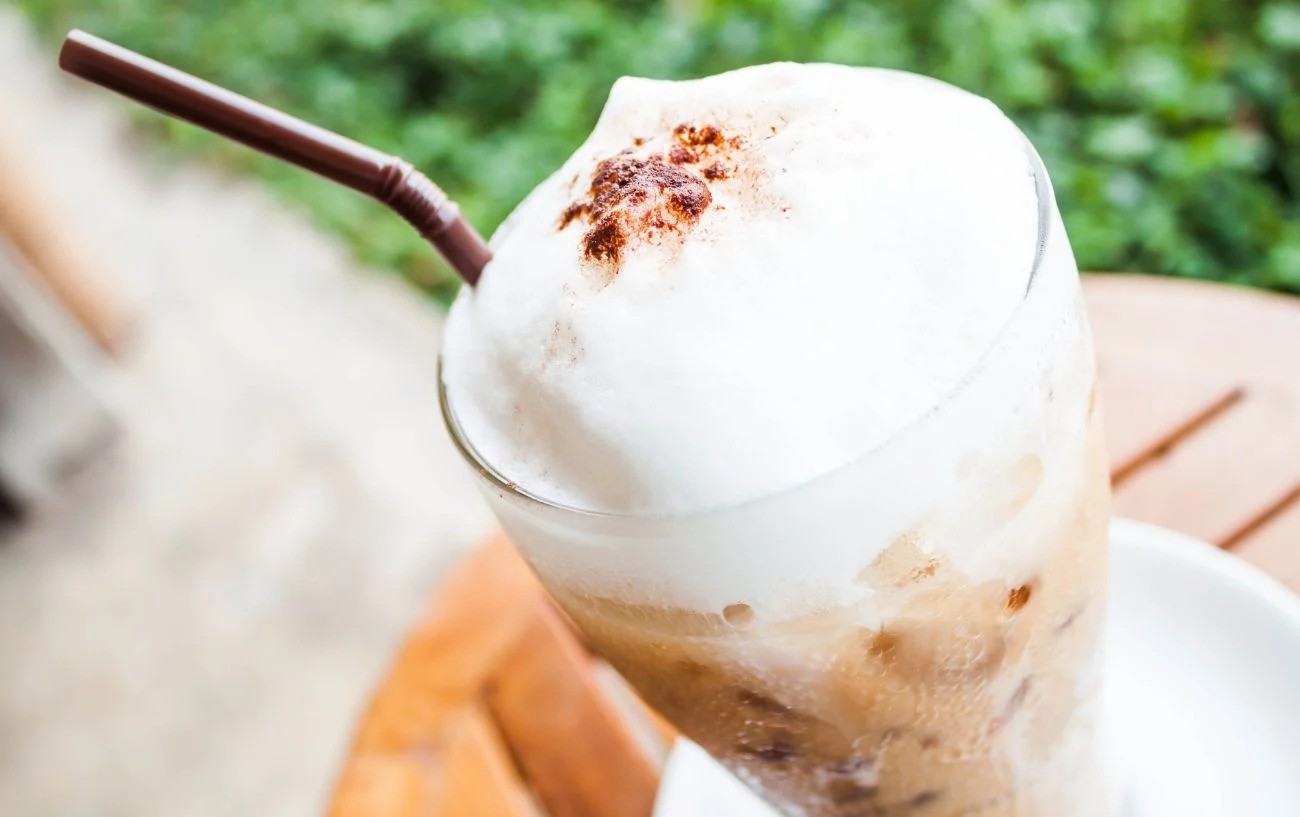Understanding High Blood Sugar
High blood sugar, also known as hyperglycemia, occurs when the body has too much glucose in the bloodstream. This can happen when the body doesn’t produce enough insulin or when it doesn’t respond properly to insulin. High blood sugar can lead to serious health complications, so it’s important to manage it effectively through diet and lifestyle choices.
Choosing the Right Foods
When it comes to managing high blood sugar, making the right food choices is crucial. Here are some tips to help you eat for high blood sugar:
- Focus on Fiber: Foods high in fiber can help regulate blood sugar levels. Opt for whole grains, fruits, vegetables, and legumes to increase your fiber intake.
- Limit Refined Carbohydrates: Foods like white bread, pasta, and sugary snacks can cause blood sugar spikes. Instead, choose complex carbohydrates like quinoa, brown rice, and sweet potatoes.
- Include Lean Proteins: Protein can help stabilize blood sugar levels. Incorporate lean sources of protein such as chicken, fish, tofu, and legumes into your meals.
- Healthy Fats: Don’t shy away from fats, but choose healthy options like avocados, nuts, and olive oil. These fats can help improve insulin sensitivity.
Meal Planning for High Blood Sugar
Planning your meals carefully can make a big difference in managing high blood sugar. Here’s a sample meal plan to help you get started:
Breakfast
- Scrambled eggs with spinach and tomatoes
- Whole grain toast
- Fresh berries
Lunch
- Grilled chicken salad with mixed greens, cucumbers, and bell peppers
- Quinoa pilaf
- Olive oil and balsamic vinegar dressing
Dinner
- Baked salmon with a side of roasted sweet potatoes
- Steamed broccoli
- Quinoa or brown rice
Snacking Smart
When hunger strikes between meals, it’s important to choose snacks that won’t cause a rapid spike in blood sugar. Here are some healthy snack ideas:
- Carrot sticks with hummus
- Greek yogurt with a sprinkle of nuts
- Apple slices with almond butter
- Celery sticks with peanut butter
Staying Hydrated
Proper hydration is essential for managing high blood sugar. Opt for water, herbal teas, and infused water with fresh fruits and herbs to stay hydrated throughout the day. Avoid sugary drinks and excessive caffeine, as these can impact blood sugar levels.
Conclusion
Managing high blood sugar through diet is an important aspect of overall health and well-being. By making mindful food choices, planning balanced meals, and snacking smart, you can effectively regulate your blood sugar levels and reduce the risk of complications associated with hyperglycemia.
